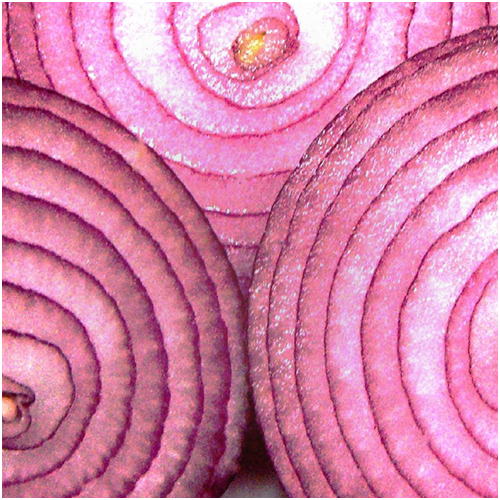About Homeopathy
The Role of Homeopathy
Homeopathy provides gentle support to replenish your emotional wellbeing.
The cells of our body carry the imprint of the emotional experiences we have passed through, and this affects the way we feel in our daily lives and our physical wellbeing, and our beliefs about life.
Homeopathic remedies act as a catalyst for healing, thereby supporting the process of releasing these experiences.
How Does Homeopathy Work?
Homeopathy is based on the Law of Similars.
In other words, if a substance has the power to create certain symptoms in a healthy person, then it also has the power to alleviate those symptoms in someone who is ill. For example, Chamomile is renowned for its ability to calm and to cool irritated states and symptoms, and is often used by mums who have teething babies who can't be pleased!
Another example is Coffea. It is recognised that there are certain symptoms of insomnia which consist of an overstimulated, oversensitive state reminiscent of taking too much caffeine. Coffea is one remedy which a homeopath might consider.
Certain hayfever symptoms are similar to those produced by cutting an onion - irritated, red, watering eyes and a blocked or running nose - Allium Cepa (or onion in potency) could well be the answer. These are simple remedies for acute situations.
In deep constitutional prescribing, remedies match to more complex symptoms manifesting in the body and mind as a result of emotional distress.
Scientists cannot yet explain the precise mechanism of action for homeopathy but there is much published research and evidence of its efficacy. It is believed that homeopathic remedies act as a catalyst to stimulate the body's own healing abilities thereby assisting your own system to clear itself of any expressions of imbalance.
It should be stressed that homeopathy is a complementary therapy. Remedies can and often are safely used alongside orthodox medication in order to stimulate the vital force and promote healing.
About Homeopathic Remedies
Remedies usually come in two forms - small tablets, sometimes called sugar pills; and as a liquid medication.
They are drawn from many sources, including plant, animal and mineral. They are produced in homeopathic pharmacies in a specially prepared form which releases the dynamic, energetic blueprint of the original substance - this we call potentisation. Potentisation is a precise method devised by Hahnemann, who was a physicist and chemist as well as a doctor, and which combines dilution and succussion (or shaking).
Since the nature of disease is dynamic and energetic in nature, remedies are required likewise to be dynamic.
Over 3,000 different substances are in use. Many of these have been used for over 200 years.
Remedies have no side effects and can be taken safely alongside any current medication you may be taking. If there is any doubt, you will be referred back to your GP. Homeopathic treatment is in no way a substitute for medical diagnosis.
Origins Of HomeOpathy
In 1790, a German doctor, Samuel Hahnemann, came to understand a different approach to healing the sick which he called Homeopathy (from the Greek words meaning 'similar suffering'). Like Hippocrates, the ancient Greek philosopher, who first spoke of two ways of medicine two thousand years earlier, Hahnemann realised there are two ways of treating ill health: one, the way of opposites as practiced by conventional medicine, (for example using anti-depressants, anti-biotics, anti-inflammatories and so on); and secondly, the way of similars which is the way of homeopathy.
Hahnemann was also a linguist. On translating a treatise on the benefits of using chinchona bark (from which quinine is derived) he realised that its curative effects matched the symptoms of malaria. Curious to find out more, he began to experiment with this substance on himself, his friends and family whilst they were all in a healthy state. He saw that it produced within them all symptoms similar to those of malaria, that is a chill, fever and sweat.
Homeopathic Provings
This way of testing substances is called “proving”. Provings continue to be conducted today in modern Homeopathy, and there are now very many volumes of Materia Medica. At the present time, there are over 3000 proven substances, known as remedies.
Hahnemann realised that homeopathic remedies made from natural animal, vegetable and mineral substances work by stimulating the body's own healing power. Throughout his long lifetime he constantly sought to understand the nature of health and disease, the human condition, and the natural laws and principles of healing. All of this he set out in The Organon - which he revised six times, as his perception grew.


